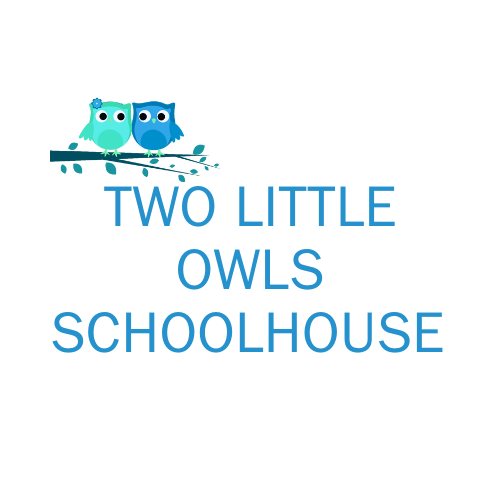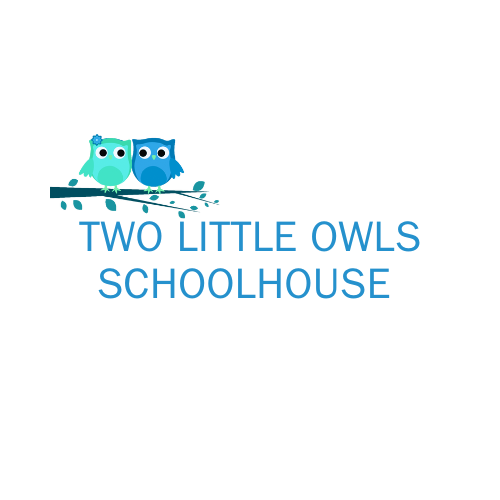Partnering with Your Child's Preschool: A Gentle Approach to Potty Training
Congratulations! Your child is showing signs that it's time to embark on the exciting journey of potty training. Can you imagine?! No more diaper changes! One major piece of this experience, that is often overlooked, is to understand the importance of collaboration between parents and educators during this significant milestone. In this post, I will share tips, tricks, and effective communication strategies to foster a partnership with your child's preschool, ensuring a positive and shame-free potty training experience for your little one.
Signs Your Child is Ready:
Before diving into the potty training process, it's crucial to recognize a few signs that indicate your child is ready to begin this adventure. You kiddos teachers will also have an eye out for these signs. They may let you know it's time to be thinking about losing the diapers! Here are a few developmental cues to be on the lookout for:
Increased Awareness: Your child may show a growing interest in the bathroom habits of others and demonstrate curiosity about using the toilet. Seeing their peers going to the potty in school can definitely propel kids forward in the process…so much powerful modeling happening in school!
Physical Indicators: Look for signs such as staying dry for longer periods, regular bowel movements, and the ability to communicate when they need to go or have already gone.
Independence: Your child may exhibit a desire for more independence in various areas of their life, demonstrating readiness for this new skill. We look for a child able to pull up their own pants after a change as a good sign they are ready!
Creating Continuity of Care:
Establishing a partnership between home and school is essential for a seamless potty training journey- among other things! Here are some effective strategies to ensure consistency and support your child's development:
Open and Honest Communication: Initiate conversations with your child's educators to share information about your potty training goals, your child's progress, and any specific strategies you are implementing at home. Likewise, encourage teachers to provide updates on your child's progress and any concerns they may have.
Shared Language: Using consistent language between home and school helps your child understand and reinforce their learning. Discuss and agree on key phrases, such as "time to use the potty" or "let's try sitting on the toilet," ensuring a cohesive approach to language around potty training. We encourage our teachers at Two Little Owls and SolBe Learning to offer the bathroom frequently as kiddos learn to recognize the signals from their bodies.
Encouragement without Shame: Emphasize positive reinforcement and avoid shaming language. Encourage teachers to celebrate small victories, offer praise and encouragement when your child makes progress, and create a supportive environment that focuses on the journey rather than strict timelines. We want a shame-free environment. Accidents happen!! I just had a baby…so this REALLY resonates right now hah. Try something like this:
"Oops, it looks like you had an accident. That's okay, accidents happen sometimes when we're learning something new. Let's clean up together and remember that next time we can try to use the potty. You're doing a great job, and I'm proud of you for trying."
The key is to provide reassurance, avoid shaming or blaming language, and encourage the child to continue their potty training journey with positivity.
Demonstration and Modeling: Work with educators to establish a routine where your child can observe peers using the toilet. Seeing other children successfully using the potty can be motivating and help your child understand the process.
Consistent Routines: Maintain consistent routines at home and school to provide your child with a sense of predictability and comfort during the potty training phase. Coordinate schedules and practices, such as regular bathroom breaks or using specific potty training materials, to foster a smooth transition between environments.
Remember, Every Child is Unique:
While it's crucial to have a plan and set realistic expectations, it's important to acknowledge that every child is different and will progress at their own pace. Some children may take longer to fully embrace potty training, and that's perfectly okay. Gentle parenting means understanding and respecting your child's individual journey, avoiding pressure, and providing unconditional support throughout the process. I also like to flag that we regularly see regressions at this age, especially if there are any transitions happening at home (ie. moving, introducing a sibling, ect.). Be patient and there are also many great coaches in the area if you need an assist!
By fostering open communication, utilizing shared language, and creating a consistent partnership between home and school, you can empower your child during their potty training journey. Remember, the key is to approach this phase with patience, empathy, and a focus on your child's unique needs. Together, as parents and educators, we can guide and support our little ones as they take this important step toward independence.
Happy potty training!
SolBe Mar

